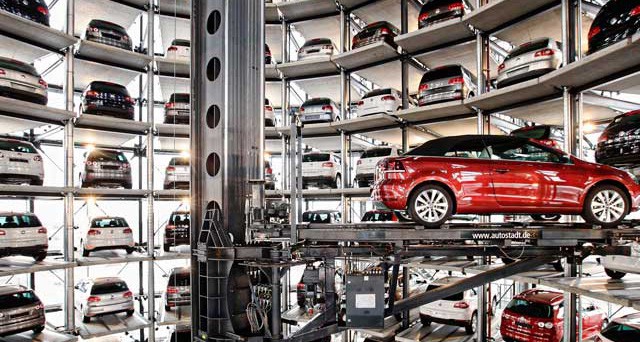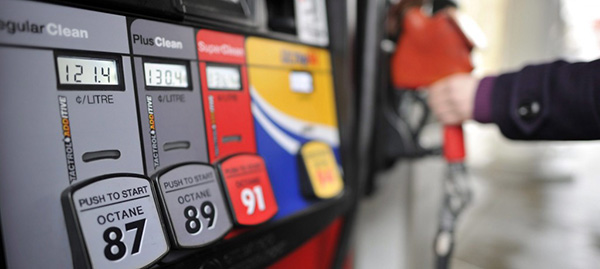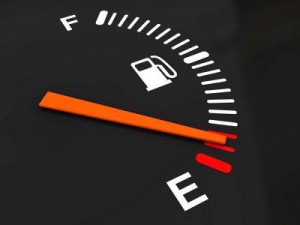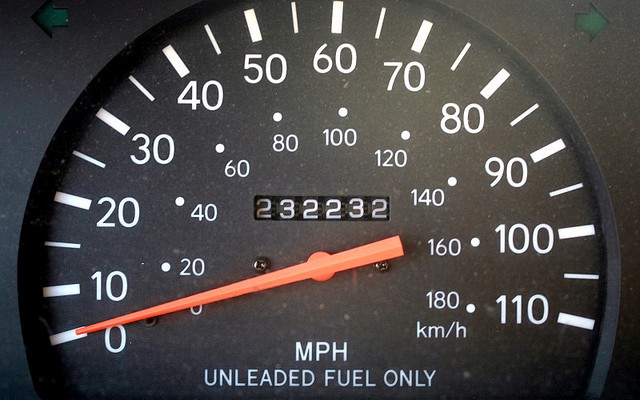Should Mileage Be a Concern When Buying a Used Car?
In the 1960’s and 1970’s, the odometer on most cars only went up to 99,999 miles – then it rolled over. Can you image all the CarFax and AutoCheck History Report issues?
With one certain Volvo exceeding 3 million miles, most people expect to get at least a 100,000 – at minimum out of their vehicle. Nowadays, most people try to get a new car before their old one reaches 200,000 miles. But when a car is carefully maintained and given regular tune-ups, many can run for 250,000 to 300,000 miles, no sweat. Continue reading…




 Whenever we go shopping for just about anything, we’re faced with a multitude of choices.
Whenever we go shopping for just about anything, we’re faced with a multitude of choices.

